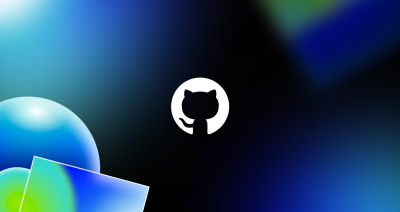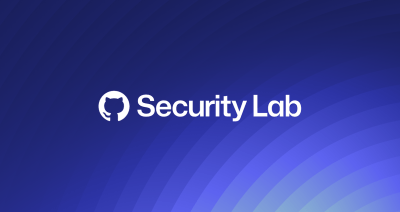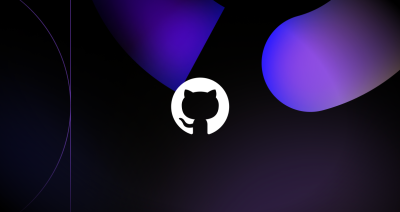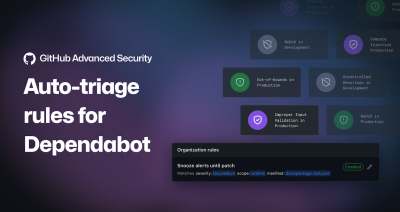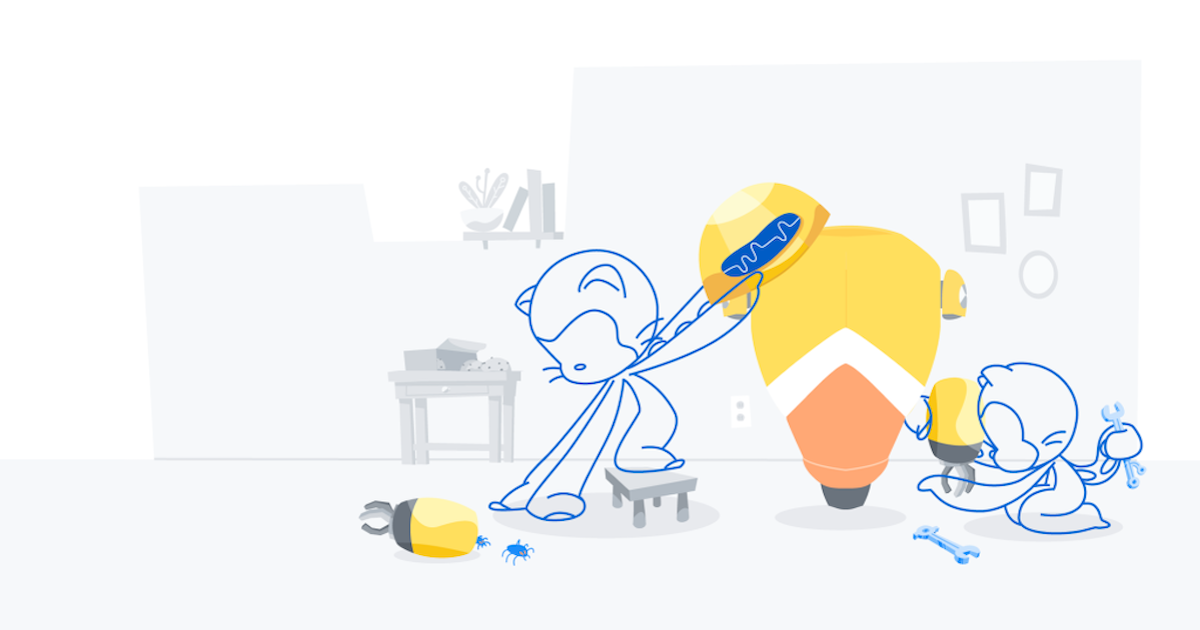
Secret scanning supports validation checks for select AWS, Google, Microsoft, and Slack tokens
GitHub Advanced Security customers that have validity checks enabled will see the validation status for select AWS, Google, Microsoft, and Slack tokens on the alert. The following tokens are supported:…
